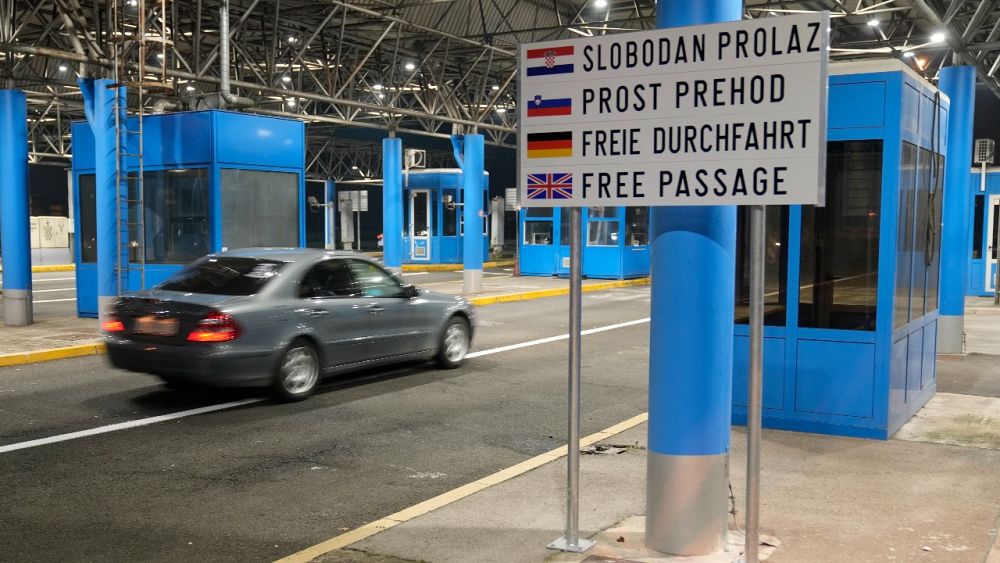From Sunday, the euro will be used as a method of payment in Croatia. Nine years after joining the European Union, the country on the Adriatic Sea has become the twentieth member state of the eurozone.
Christine Lagarde, President of the European Central Bank, said that Croatia had worked hard to join the eurozone. The euro is an attractive and stable currency for its members.
Shortly after midnight, Croatian Finance Minister Marko Primoraz and the head of the Croatian National Bank, Boris Vujicic, withdrew the first euro banknotes from an ATM. To introduce the euro, the country had to meet a number of conditions and the exchange rate was also fixed.
Croats now have until January 14 to choose whether they want to pay in kuna or euros.
At the same time, the popular holiday destination for Germans has joined the border-free Schengen area – a doubling relief for holidays.
While the abolition of border controls is widely welcomed, very few people are concerned about changing the euro, which right-wing opposition groups say will only benefit countries like Germany and France. Before the holiday, there were long lines in front of the banks because people wanted to withdraw cash for fear of payment difficulties.

“Food practitioner. Bacon guru. Infuriatingly humble zombie enthusiast. Total student.”








More Stories
Kyiv: Russian Kursk offensive halted
US Presidential Election: Former US Government Officials Warn Against Donald Trump's Election
Netherlands wants to leave asylum system